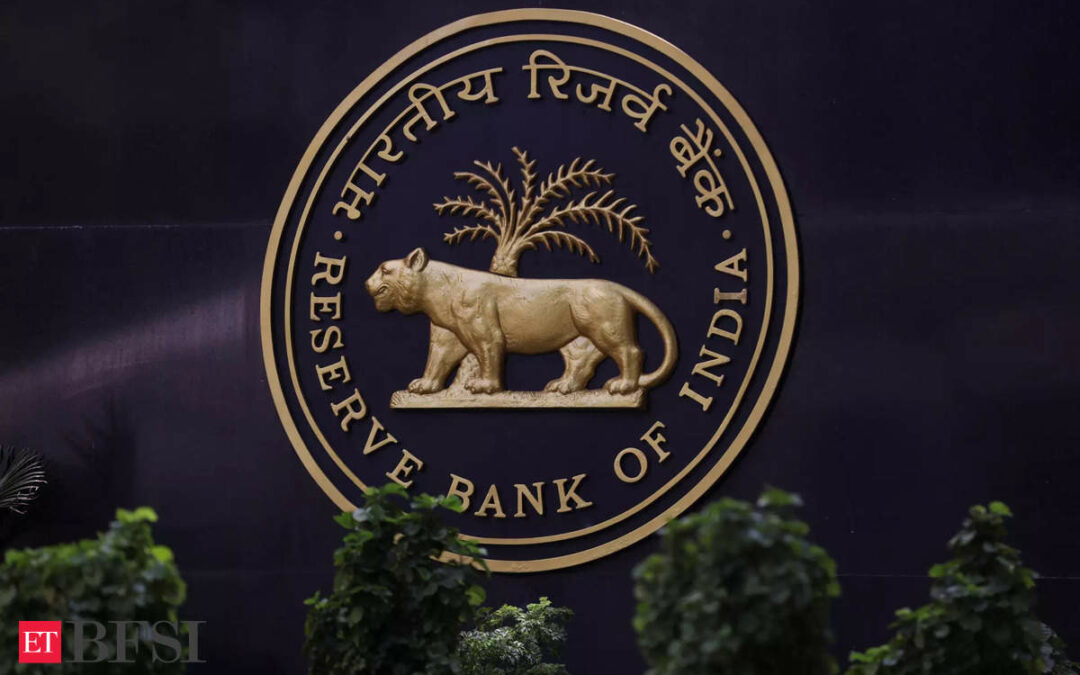The Reserve Bank may come out with some clarification in the Paytm case considering its large user base, financial services secretary Vivek Joshi said, noting that the banking regulator had taken action in the interest of consumer protection.
Public sector banks are performing well, Joshi said. This is because there is no interference from the government in their day-to-day functioning, he added.
“The company (Paytm) to my understanding did not comply with the regulator’s requirements,” Joshi said, responding to a query on the impact of RBI’s action. “I cannot comment on a particular entity. Regulator is looking at it. RBI has taken action in the interest of consumer protection.”
The RBI, in an order issued on January 31, asked Paytm’s payments bank unit to stop all basic payment services with effect February 29.
As companies expand in size, they cannot survive in isolation, Joshi said. “They will have to eventually come within the system and abide by all the compliances. They have to follow the laws of the land.”
On the next phase of reforms in the financial sector, in a post-budget interview, Joshi said an amendment to banking and insurance laws was on the table.
In the case of insurance, a cabinet note on the proposed changes is under discussion. The changes proposed could pave the way for the issuance of a composite licence and bring down the capital requirement to allow for the entry of more players in the insurance sector to deepen proliferation, he added.
On capital infusion in state-run general insurers, he said it would be performance-based. The Cabinet had cleared the ₹17,500 crore infusion conditional to performance and ₹5,000 crore from it is still left.
“Our banks are performing very well, especially public sector banks and we expect profit to be higher than the previous year. Profit after three quarters stood at ₹98,000 crore compared to ₹70,000 crore in the previous year. We are in a sweet spot,” he said.
He said the government was encouraging public sector banks to use qualified institutional placement to raise funds. The government has equity of more than 90% in some banks including Indian Overseas Bank, BoI and Punjab & Sind Bank. He ruled out any immediate plan for dilution of government stake or further consolidation. However, he said policymaking is a dynamic process.
“We may have to push the private sector to make large investments. They have a large exposure in retail; they cannot have repayment for retail unless the infrastructure sector does not grow,” Joshi said.
Some of the banks are only focused on unsecured and retail lending, he said, cautioning they may start looking at defaults.
On review of the top 20 defaulters of state-run banks, he said the government will soon come out with a template to file a case under the Insolvency & Bankruptcy Code.
“We are creating a standard operating procedure. We will advise them to file a case with National Company Law Tribunal and then discuss a one-time settlement,” he added.
On the functioning of the National Asset Reconstruction Company Ltd (NARCL), he said the focus was on streamlining the functioning of NARCL and India Debt Resolution Company Ltd (IDRCL). He said the government had received a suggestion for merging the two, but it would be reviewed in detail further.
NARCL had a total target for acquiring ₹2 lakh crore of stressed assets that would be reached within the next six months. It has already acquired eight accounts for ₹58,000 crore, he said. It has also initiated the process for the acquisition of two accounts of ₹10,000 crore under Swiss challenge process, while the process is yet to start in case of nine accounts of ₹20,000 crore. He said 23 other accounts have been identified with a total exposure of ₹63,000 crore.










